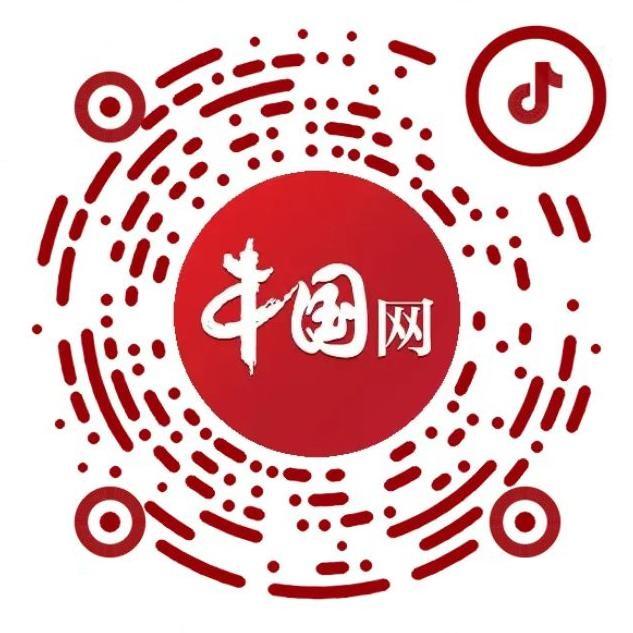- 1 / 8
- 2 / 8
- 3 / 8
- 4 / 8
- 5 / 8
- 6 / 8
- 7 / 8
- 8 / 8




- Facilitating Global Visitors, Chengdu Becomes First City in Central and West China to Enable Contactless Subway Fare Payment via Foreign Bank Cards
- The large-scale modern Sichuan Opera "Yan Yangchu" made its debut at the opening ceremony of the 12th Ba People's Cultural Arts Festival
- Cherry Blossoms Reach Peak Bloom in Qingchuan County Town
- 资阳乐至:宵夜“顶流”来了!本地小龙虾抢鲜上市












































d95b4925-f6c4-43f0-a4f0-7e04e018d569.jpg)
1d30d2f7-105c-423b-a326-3da27f654e7b.jpg)
cf121e98-447d-4b83-b1f5-ba1fcd740a2a.jpg)
904e93ef-eeeb-4671-b864-edc00979427f.png)

718447e5-ae8a-4083-8276-1e97de0f6290.png)
c5b31b75-b100-45cb-907d-a468aee89174.png)
26e4c44b-3773-4d01-92ef-eb0012055b1c.jpg)
ed32b621-2e3c-4512-bbdf-2094e2ab0744.jpg)
4cfa120b-60fa-44dd-a761-7fd976f82e2d.jpeg)
8b51ab41-f074-4bd3-86ad-218f8a1d89a4.jpeg)
65bf97b1-baf2-4776-a4b4-b9ec147faf38.jpg)
f8582ac7-cf06-4e4d-ad0a-5d11a2324f9b.jpg)
f2fe5609-0b4a-4062-a5d5-911952b2a66e.jpeg)
12ba9314-e91e-4a3e-b168-ef6f06a917a0.jpeg)
6d5e11eb-eac1-4446-b8c9-37dd0adfb605.jpeg)
b6467ce7-ac7d-4cb7-bae5-84b1b4a45040.jpeg)
e05d5e9b-08b6-477e-8a5e-1b9e1aab5b87.jpg)





